
Post by : Mikhael Al-Saeed
Marriage is a major life transition that goes beyond romance and vows. It combines two daily lives, priorities and plans, and that shared reality naturally alters habits, choices and perspectives. Change after marriage usually reflects adaptation rather than loss.
When people say, "You changed after marriage," they often mean differences in behaviour. In truth, many of those differences are responses to joint responsibilities and the practical demands of life together.
Below are common reasons married partners evolve, and how those shifts can support a stronger relationship.
Before marriage, decisions typically centre on individual preferences: where to live, how to budget, how to spend free time. After marriage, choices have shared consequences, and thinking expands to include the partner's needs and plans.
This communal decision-making encourages cooperation. It doesn't erase individuality but requires negotiating priorities so both people feel considered.
Successful couples keep personal identities while practicing teamwork in everyday matters.
Marriage often brings defined roles — partner, co‑parent, household manager — and those roles change what matters day to day. Financial caution, schedule adjustments or planning for the future can replace previously solo-focused routines.
These adjustments reflect responsibility and maturity rather than sacrifice: sharing a home and goals realigns short-term pleasures with long-term stability.
Practical care and planning become part of the relationship's foundation.
Living together exposes partners to repeated emotional situations that teach patience, empathy and conflict management. Couples learn to listen, forgive and adapt through routine interactions and challenges.
Marriage can surface strengths and weaknesses you hadn't noticed. Over time, many people respond more calmly and deliberately instead of reacting impulsively.
That growing emotional competence helps partners connect beyond words, through understanding and steady support.
Co‑living encourages borrowing routines and tastes from one another. A night owl may become an early riser; a partner who cooks frequently can inspire shared kitchen habits.
Such influence is about blending lifestyles, not erasing identities. Shared preferences and practices form a common culture for the household.
Even cultural traditions and celebrations can shift, creating new shared memories and deeper bonds.
As comfort grows, partners often drop performative behaviours and show more of their true selves. Openness and ease are positive signs of security in the relationship.
Yet familiarity can also lead to taking each other for granted. Small gestures and verbal appreciation still matter to maintain closeness.
Ongoing attention to kindness and effort keeps the partnership healthy despite day-to-day comfort.
Marriage connects broader family networks and social roles, which can influence behaviour. Expectations about how spouses should act sometimes lead individuals to modify their conduct.
Balancing respect for family and community with personal values is important. Strong partnerships support each person in negotiating those pressures.
Maintaining open dialogue helps couples preserve authenticity while meeting social obligations.
Being told "you've changed" can sound critical, but many changes reflect personal development. Marriage teaches compromise, patience and practical problem-solving in ways few other experiences do.
Those lessons can produce a more thoughtful, empathetic and resilient person — not less free, but more grounded.
When partners grow together, the relationship becomes more stable and rewarding.
Early romance often centers on excitement and grand gestures. Over time, love frequently shifts toward steadiness: daily acts of care, shared routines and mutual support through ordinary stresses.
This quieter, dependable form of love may lack cinematic flash but tends to endure because it builds on trust and companionship.
Marriage can be a catalyst for personal and mutual development when both partners respect differences, set boundaries and support each other's growth.
If someone says, "You changed after marriage," consider that change may mean maturity, deeper care and improved partnership skills.
Marriage need not erase individuality; it can refine who you are by encouraging responsibility, empathy and steady commitment.
This piece offers general observations about relationships and emotional growth. It is not a substitute for professional counselling. Individual experiences vary; those facing serious marital or emotional issues should consult a licensed therapist or relationship specialist.
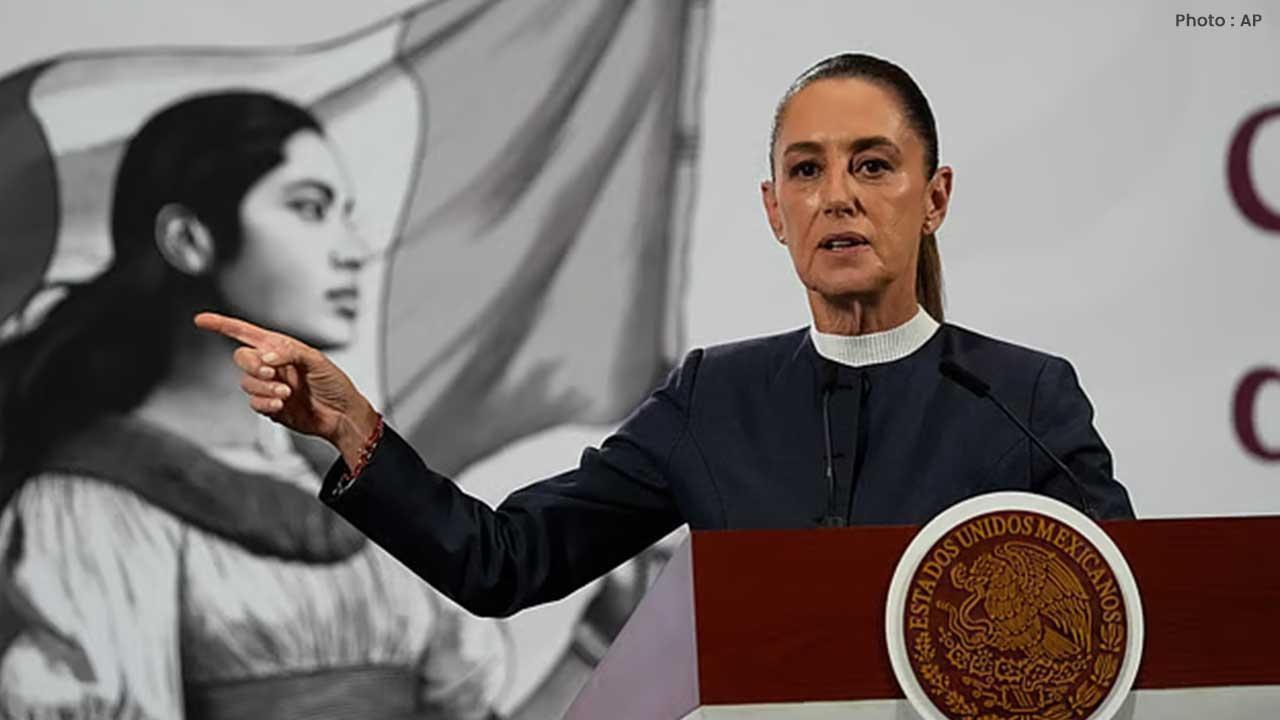
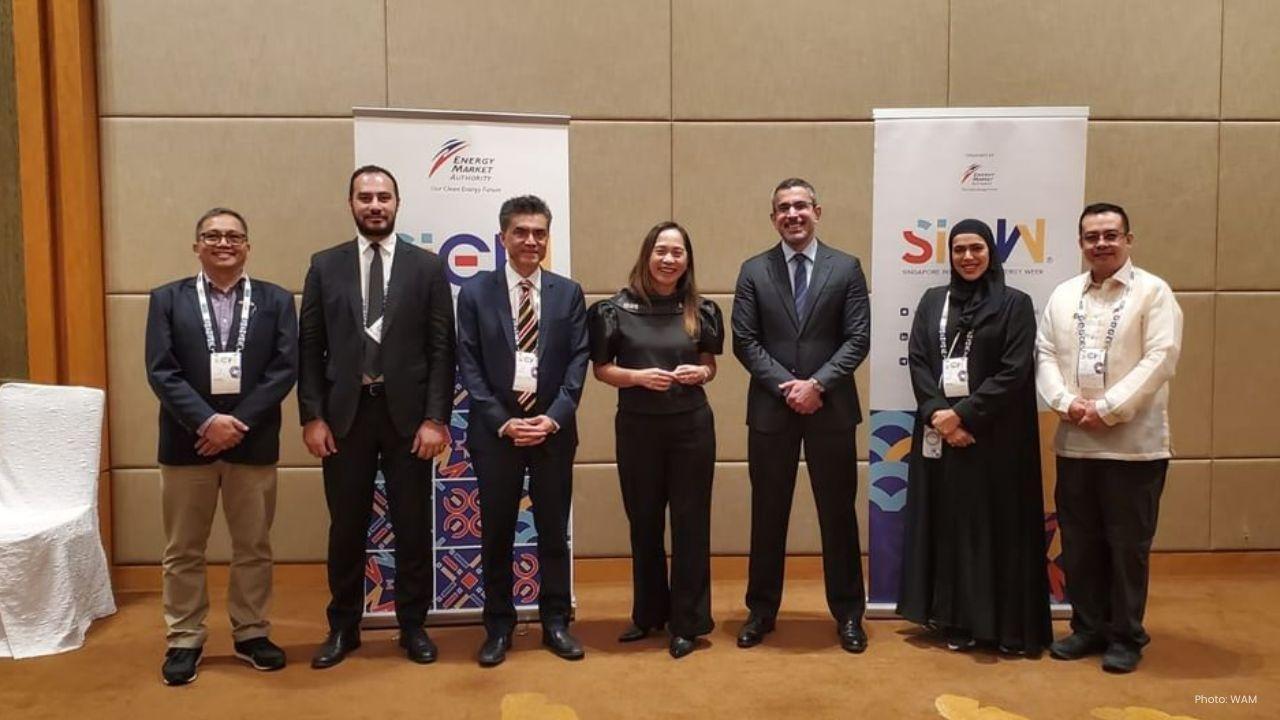
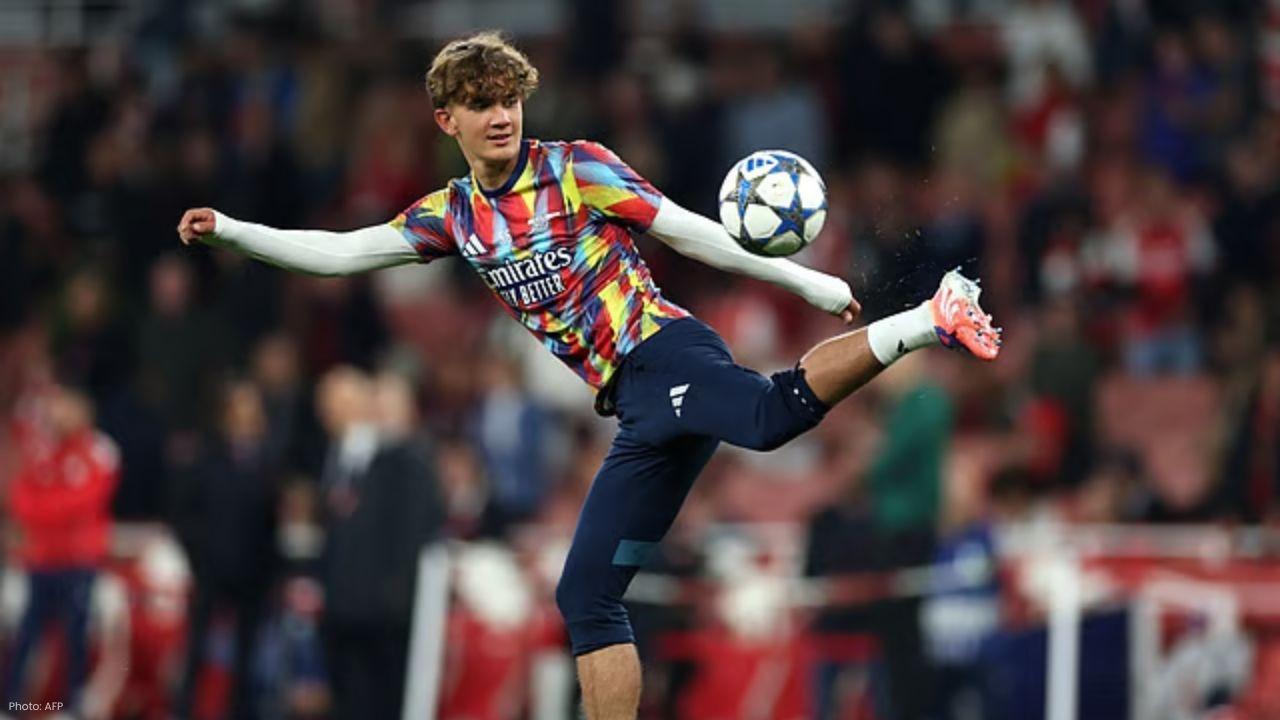


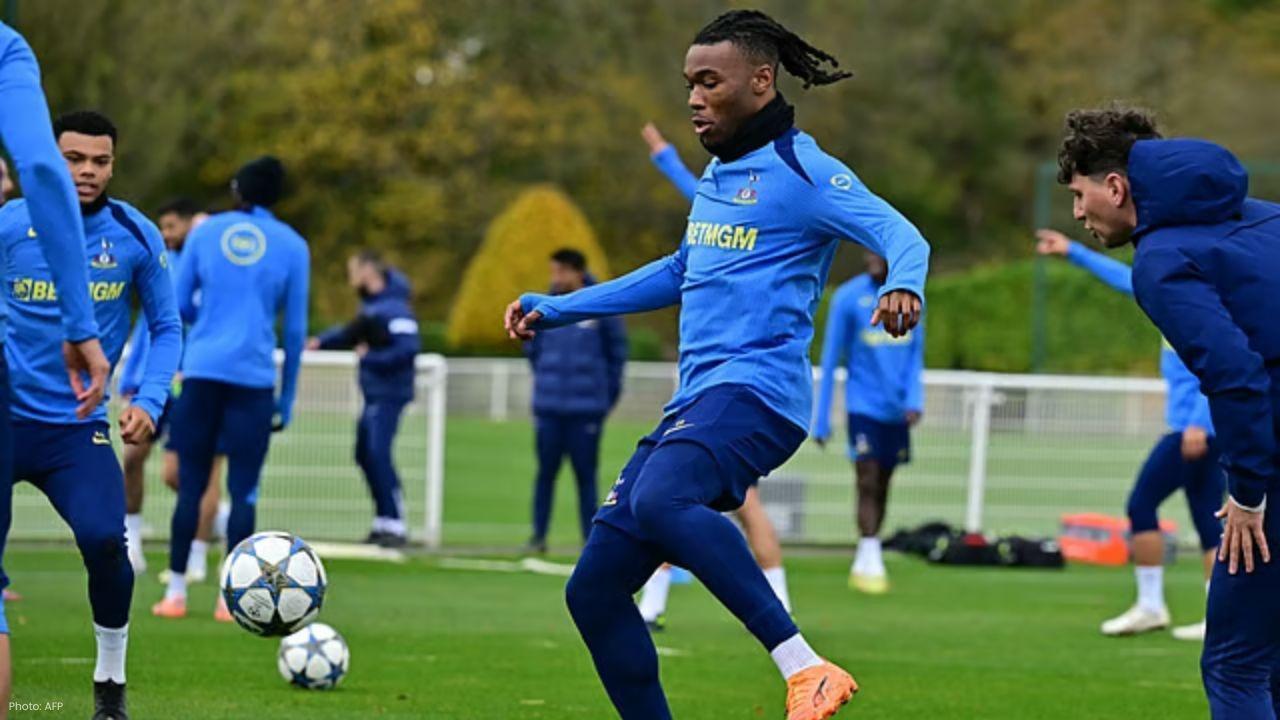




Zohran Mamdani Elected New York City Mayor; Victory Celebration Features Bollywood Hit
Zohran Mamdani wins NYC mayoralty, the city's first Muslim and South Asian mayor; victory rally even

Nita Ambani Cheers India’s Women’s World Cup Triumph
Nita Ambani celebrated India’s Women’s World Cup win with grace and elegance, cheering proudly in st
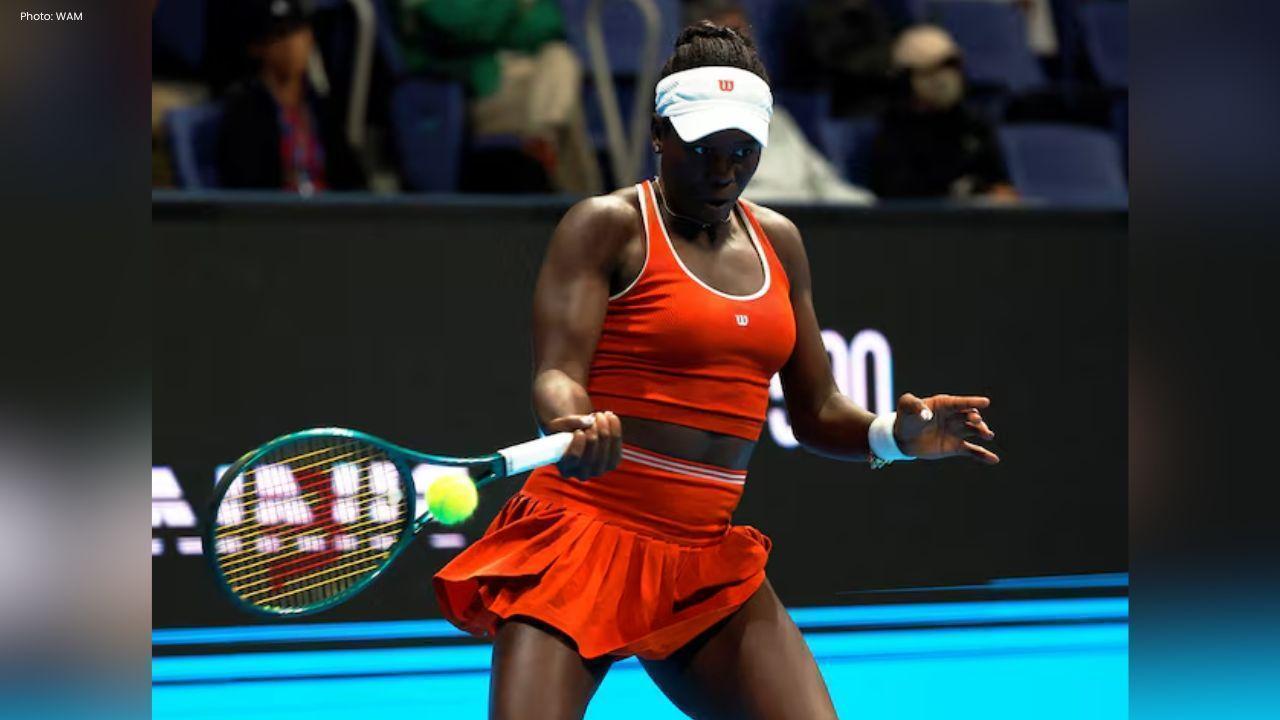
Victoria Mboko Wins Montreal and Hong Kong Titles
Teen tennis star Victoria Mboko wins Montreal and Hong Kong titles, defeating Grand Slam champions a

Suns Defeat Spurs 130–118, Booker Leads with 28 Points
Devin Booker scored 28 points and 13 assists as the Phoenix Suns ended the San Antonio Spurs’ unbeat
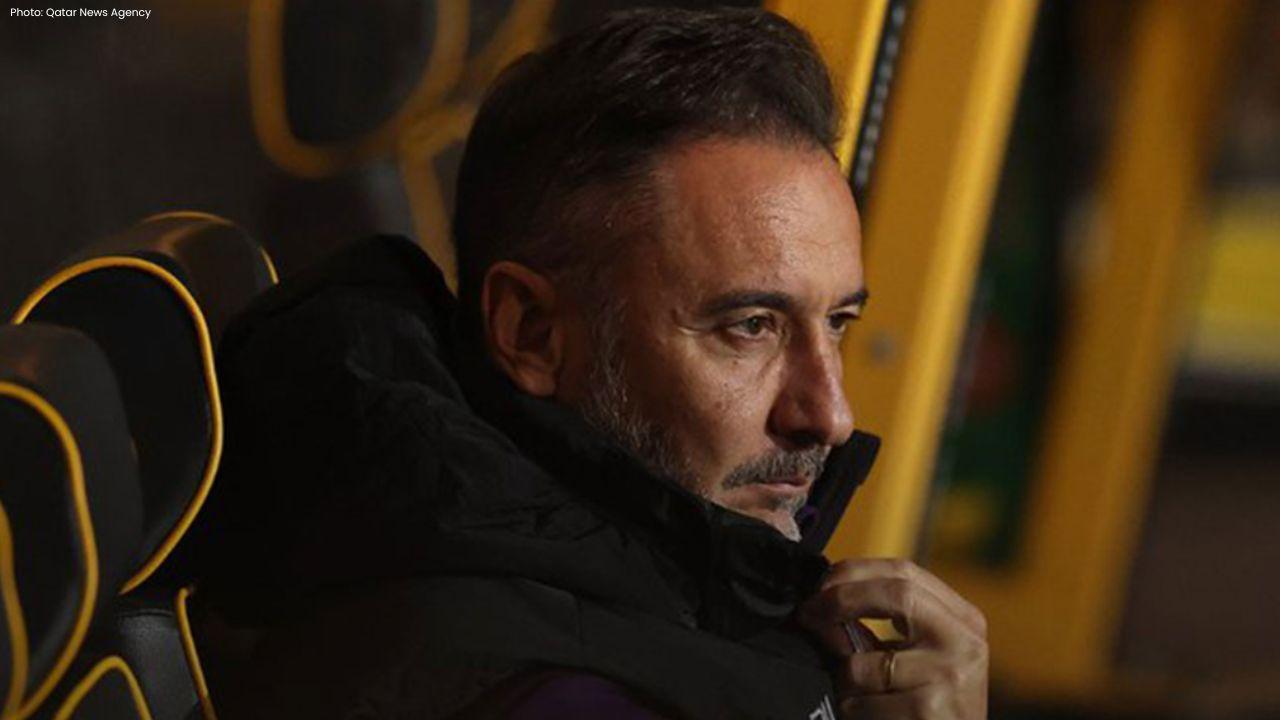
Wolves Remove Coach Pereira After Poor Premier League Run
Wolverhampton have dismissed manager Vitor Pereira after failing to win any of their first ten Premi

Travis Head Leaves T20 Squad For Ashes Preparation
Australia’s Travis Head leaves T20 series against India to join Sheffield Shield for red-ball practi